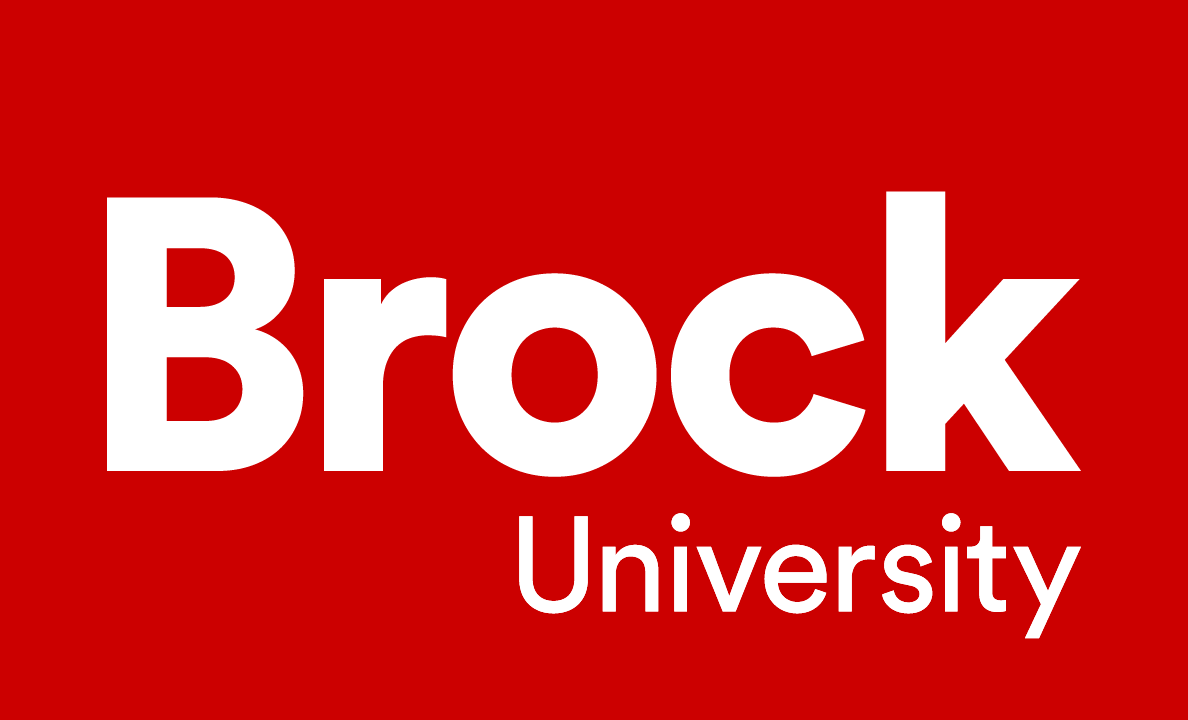PCSL 9N575 - Transportation Systems
Programming Description
Transportation Systems is a comprehensive course designed to equip professionals with the expertise to manage and design omni-channel global transportation logistics systems.
Through realistic case studies and discussion-based learning, you’ll refine your decision-making skills, helping you reduce errors that could lead to extended transit times, higher transportation costs, unnecessary inventory expenses, regulatory fines, and increased product handling and damage. This course will empower you to navigate complex logistics challenges with confidence, ensuring smoother, more efficient operations.
Learner Outcomes
By the end of this course, you will
- Learn and capitalize on the comparative efficiencies of various modes of transportation (rail, road, air, water and pipeline) and the procedures and documentation required for each.
- Streamline the process of getting product to market, optimizing the secondary transportation services that compliment multi-modal and inter-modal supply chain operations.
- Optimize the use of specialized intermediaries (freight forwarders, transportation brokers, customs brokers), knowing when to use them, how to evaluate their cost and quality and learn ways to minimize the time spent coordinating their services.
- Apply operational insight to negotiate more effectively and confidently with all stakeholder groups.
- Reduce (or avoid) personal and corporate exposure to fines, seizure of goods, environmental damage and criminal charges by recognizing relevant safety standards and transportation legislation, including the Transportation of Dangerous Goods Act.
Notes
To purchase the course text: Transportation Systems: A Canadian Perspective (2023) visit the Campus eBookstore Once you have added your course materials to your basket, follow the checkout process to complete the purchase.
Once done, you will receive an email with instructions on how to access your materials

